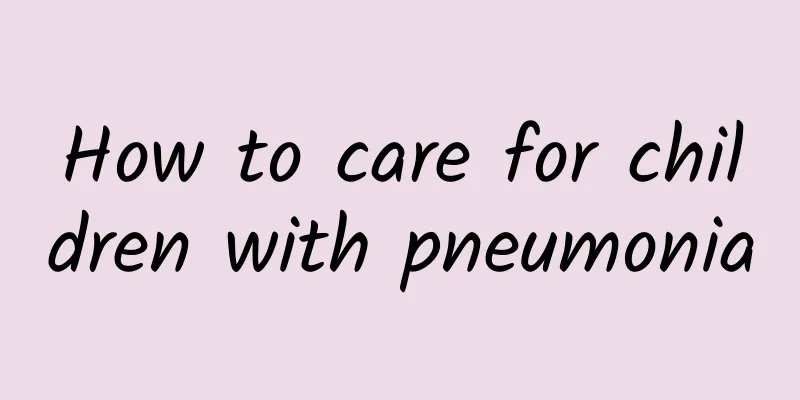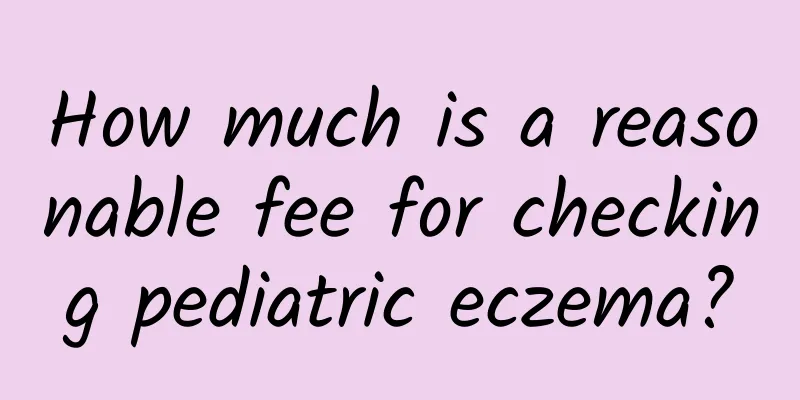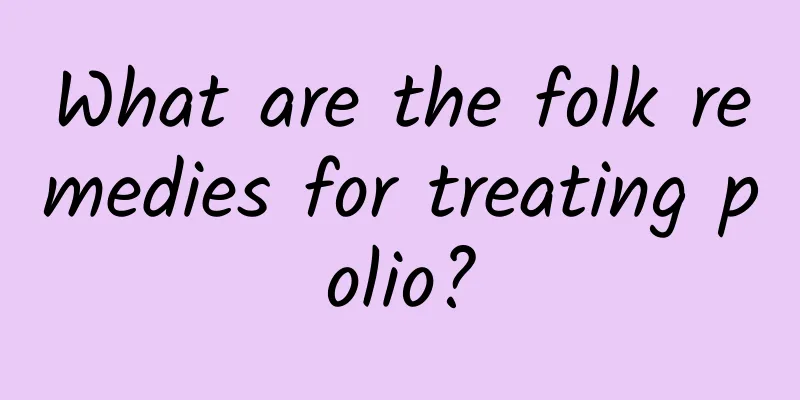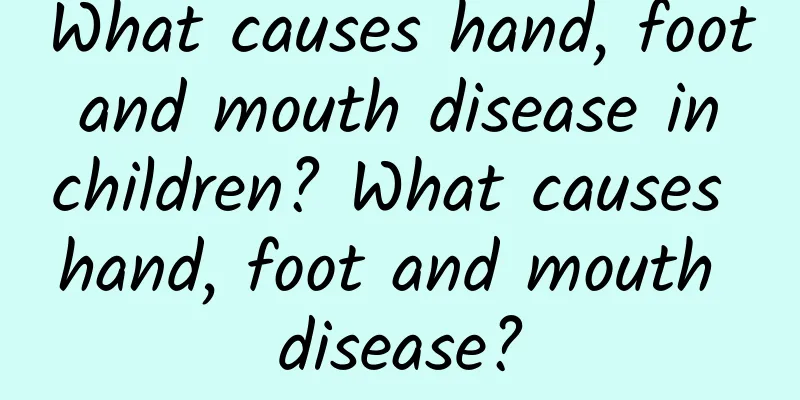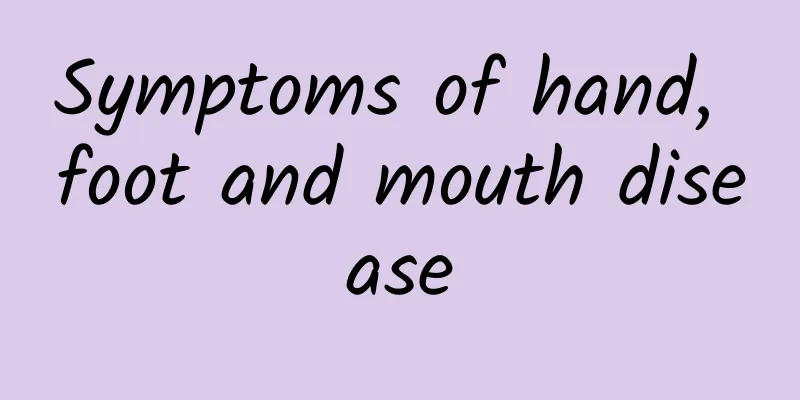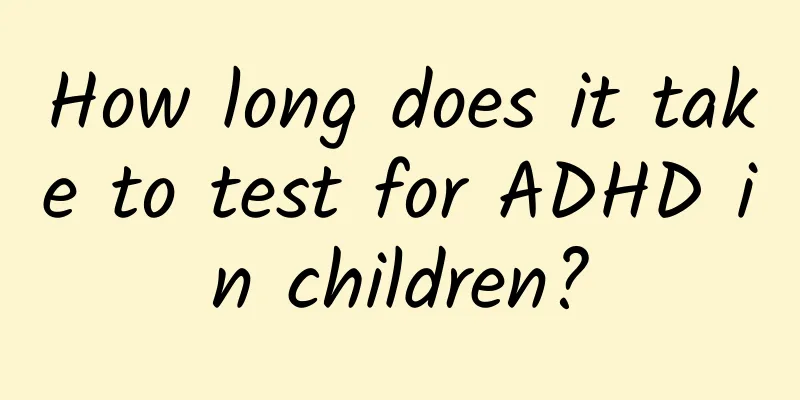Is hand, foot and mouth disease in children highly contagious?
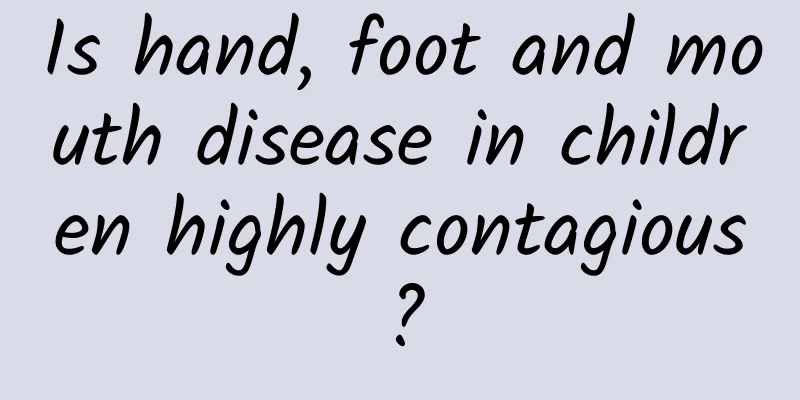
|
Hand, foot and mouth disease in children is highly contagious. It is a common infectious disease caused by enteroviruses such as Coxsackie virus and enterovirus 71. It is mainly transmitted through droplets, contact with patient secretions or contaminated objects. It is very important to take preventive measures and seek medical treatment early. 1Why is hand, foot and mouth disease highly contagious? The high infectiousness of hand, foot and mouth disease is closely related to its wide range of transmission routes and the characteristics of the virus. It is generally transmitted through droplet contact, the patient's saliva, nasal mucus and other respiratory secretions, or indirect contact with contaminated food, toys, towels and other items. The incubation period of this disease is about 3 to 7 days. During the incubation period, the infected person may not have obvious symptoms, but still has the ability to spread. Therefore, many parents tend to ignore early protection, allowing the virus to spread rapidly among young children. 2How to prevent hand, foot and mouth disease infection Parents need to pay special attention to their children's hygiene and living environment. Keep your hands clean: teach your children to wash their hands thoroughly with soap before meals, after going to the toilet, and after going out, especially after touching toys or interacting with other children. Avoid contact with patients: Avoid taking children to crowded places, especially places where collective infections are prone to break out, such as kindergartens. If a child has been infected, he or she should be isolated immediately to avoid contact with other children. Disinfect the environment regularly: including toys, tableware, towels, bed sheets and other items, and clean them with chlorine-containing disinfectants to reduce possible virus residues. 3 Treatments for hand, foot and mouth disease At present, there is no specific antiviral drug for hand, foot and mouth disease, and symptomatic treatment and supportive therapy are the main treatments: Antipyretic and analgesic drugs: For patients with persistent high fever or pain caused by hand, foot and mouth ulcers, children's acetaminophen or ibuprofen can be taken. Drink more fluids: Avoid oral ulcers that cause difficulty in eating and lead to dehydration in children. If necessary, choose electrolyte-rich rehydration oral solution. Topical medications that promote healing: You can use medications such as lidocaine gel to relieve oral ulcers or pain, but you must follow your doctor's advice before use. The peak period for hand, foot and mouth disease is usually in spring and summer, especially from April to July. Parents need to pay special attention. If children have serious symptoms, such as persistent high fever, lack of energy, convulsions or shortness of breath, they should seek medical attention immediately. Hand, foot and mouth disease is indeed highly contagious, but good hygiene habits and timely isolation can effectively reduce the chance of infection. Once infected, you should follow the doctor's advice for symptomatic treatment, pay attention to monitoring changes in the condition, and take measures to control the development of the disease as soon as possible. |
<<: How to treat high jaundice in newborn babies
>>: Is pathological jaundice harmful to newborns?
Recommend
What causes hand, foot and mouth disease?
Hand, foot and mouth disease can occur in any sea...
What are the symptoms of neonatal pathological jaundice?
Neonatal pathological jaundice often manifests as...
Children's eczema medication
Many parents have just become parents. When chatt...
How to take care of children with pneumonia
Pneumonia is not unfamiliar in our lives, but bec...
What should I do if my baby has eczema? What are the preventive measures for baby eczema?
Baby eczema is a common allergic skin inflammatio...
How to deal with neonatal eczema? 6 measures to correctly deal with neonatal eczema
After discovering that the newborn has eczema, pa...
How to treat ADHD
Tourette syndrome, also known as Tourette syndrom...
Necessity of pneumonia examination in children
Many parents may not know about pediatric pneumon...
What symptoms can diagnose ADHD in children?
ADHD is a common disease among many diseases. The...
What should pregnant women eat to supplement iron? What should pregnant women pay attention to in their diet?
Pregnant mothers need a lot of nutrients, such as...
What should I do if my baby has jaundice of 14.1 on the fifth day after birth?
What should I do if my baby has jaundice of 14.1 ...
What is the normal value of jaundice index?
Generally speaking, the normal reference value of...
How long does it usually take to cure mumps?
There are many drugs that can cure mumps, which a...
What medicine should I take in the early stage of breast milk diarrhea?
What medicine should be taken in the early stage ...
What should I do if my child has diarrhea and then coughs?
Children who have diarrhea and then cough may be ...
